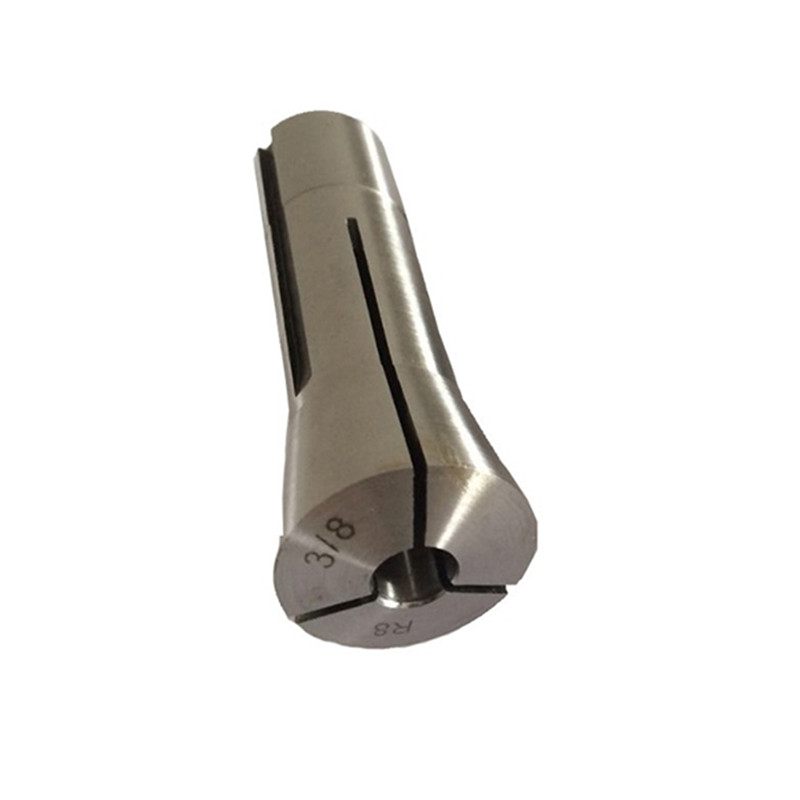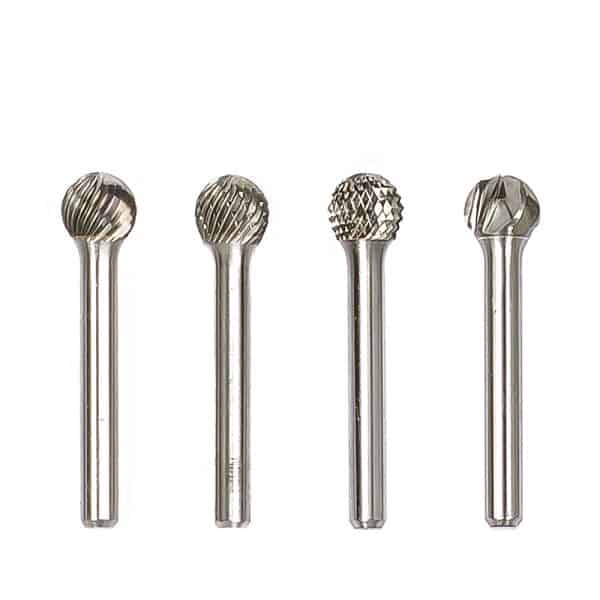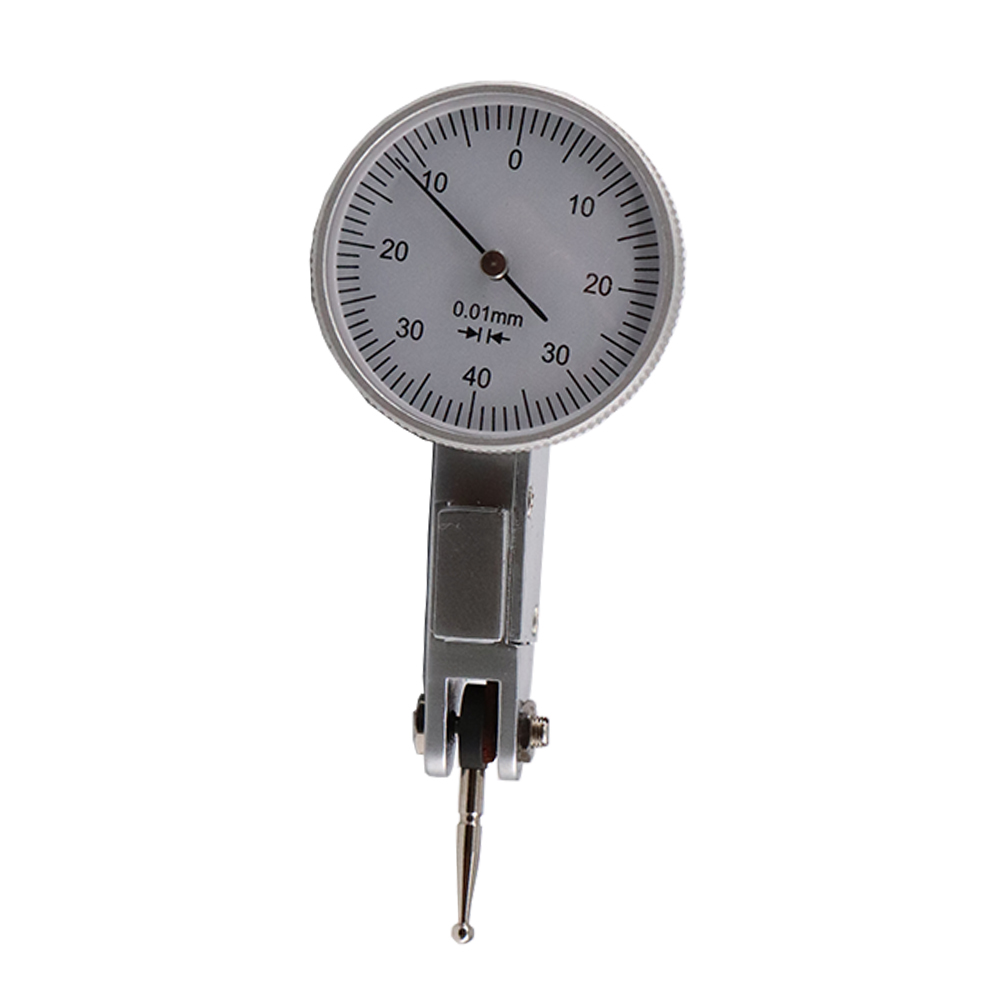High-Quality parting and grooving tool holder
Parting and grooving tool holders are essential components in machining operations, used to precisely cut off or create grooves on workpieces. Choosing the right tool holder significantly impacts machining efficiency, surface finish, and tool life. This guide explores the key features, selection criteria, and applications of high-quality high-quality parting and grooving tool holders.
Understanding Parting and Grooving Tool Holders
High-quality parting and grooving tool holders are designed to securely hold cutting inserts used for parting (cutting off) and grooving (creating channels) operations on lathes and other machining equipment. These holders provide stability, accuracy, and efficient chip evacuation, leading to improved machining performance. The choice of tool holder is crucial as it affects the stability of the cutting process, the surface finish of the part, and the tool life of the insert.
Key Features of a High-Quality Tool Holder
Several features distinguish high-quality tool holders from their less reliable counterparts:
- Rigidity: A rigid tool holder minimizes vibration and deflection during cutting, ensuring accuracy and prolonging insert life.
- Clamping Force: Sufficient clamping force secures the insert firmly, preventing movement and ensuring consistent cutting performance.
- Coolant Delivery: Effective coolant delivery systems help to dissipate heat, reduce friction, and flush away chips, leading to improved surface finish and extended tool life. Some advanced holders feature internal coolant channels that deliver coolant directly to the cutting edge.
- Interchangeability: A versatile holder should be compatible with a range of insert sizes and geometries, providing flexibility for different machining applications.
- Precision: High precision in the manufacturing of the tool holder is crucial for accurate insert positioning and repeatable performance.
Factors to Consider When Selecting a Parting and Grooving Tool Holder
Selecting the appropriate tool holder involves considering several factors related to the machining application and the workpiece material. Here are some key considerations:
Workpiece Material
The material being machined influences the choice of tool holder and insert. Harder materials require more rigid holders and inserts with specific geometries. For example, machining stainless steel often benefits from tool holders with enhanced vibration damping features. Wayleading Tools offers a variety of tool holders suitable for various materials. (www.wayleading.com)
Machine Type and Setup
The type of machine (e.g., lathe, CNC machine) and its setup affect the available space and the required shank size and style of the tool holder. Ensure the tool holder is compatible with the machine's tool holding system.
Groove Width and Depth
The required groove width and depth dictate the insert size and the tool holder's capacity. Select a holder that can accommodate the necessary insert size and reach the desired groove depth. The correct high-quality parting and grooving tool holder will make all the difference.
Coolant Delivery Requirements
Consider the coolant delivery requirements for the application. For demanding applications, internal coolant delivery systems can significantly improve performance and tool life.
Types of Parting and Grooving Tool Holders
Parting and grooving tool holders come in various designs, each suited for specific applications.
Straight Shank Tool Holders
Straight shank holders are the most common type and are suitable for general-purpose parting and grooving operations. They are typically used on lathes and CNC machines.
Boring Bar Type Tool Holders
Boring bar type holders are used for internal grooving operations. They have a long, slender shank that allows them to reach into deep bores.
Modular Tool Holders
Modular tool holders offer flexibility by allowing different cutting heads to be attached to a single shank. This can reduce tooling costs and improve setup times.
Common Problems and Solutions
Several common problems can arise during parting and grooving operations, and understanding these issues can help in selecting the right tool holder and troubleshooting machining processes.
Vibration and Chatter
Vibration and chatter can lead to poor surface finish and reduced tool life. Using a more rigid tool holder, reducing cutting speed, or increasing feed rate can help to mitigate these issues. Ensure the high-quality parting and grooving tool holder is properly secured.
Chip Evacuation Problems
Poor chip evacuation can cause the chips to recut, leading to a rough surface finish and potential tool damage. Using a tool holder with an effective coolant delivery system and selecting an insert with appropriate chip breaker geometry can help to improve chip evacuation.
Insert Breakage
Insert breakage can be caused by excessive cutting forces, vibration, or improper insert selection. Reducing cutting speed, increasing feed rate, or using a tougher insert grade can help to prevent insert breakage.
Case Studies and Examples
Let's examine a few hypothetical case studies to illustrate the importance of selecting the right parting and grooving tool holder.
Case Study 1: Machining Stainless Steel
A machine shop needs to part off stainless steel shafts. They are experiencing excessive vibration and poor surface finish. Solution: Switching to a high-quality parting and grooving tool holder with enhanced vibration damping features and internal coolant delivery significantly improves surface finish and extends insert life.
Case Study 2: Internal Grooving of Aluminum Components
A manufacturer needs to create internal grooves in aluminum components. They are having difficulty evacuating chips from the grooves, leading to a rough surface finish. Solution: Using a boring bar type tool holder with optimized coolant delivery and an insert with an aggressive chip breaker geometry improves chip evacuation and surface finish.
Maintenance and Care
Proper maintenance and care are essential for maximizing the life and performance of parting and grooving tool holders. Here are some key maintenance practices:
- Cleaning: Regularly clean tool holders to remove chips and debris.
- Inspection: Inspect tool holders for damage, such as cracks or worn clamping surfaces.
- Lubrication: Lubricate moving parts to ensure smooth operation.
- Storage: Store tool holders in a clean, dry environment to prevent corrosion.
Conclusion
Selecting the right high-quality parting and grooving tool holder is crucial for achieving efficient and accurate machining results. By considering the factors discussed in this guide, including workpiece material, machine type, groove dimensions, and coolant delivery requirements, you can choose a tool holder that optimizes performance, extends tool life, and improves the overall quality of your machined parts. Remember to also consider the about us from Wayleading Tools for all your tooling needs.
Related products
Related products
Best selling products
Best selling products-
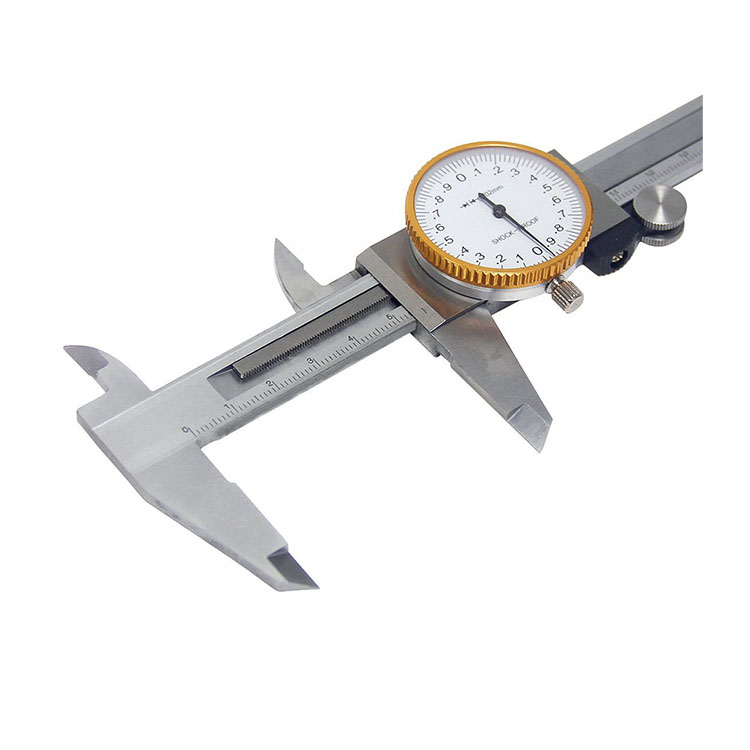 Precision Dial Caliper Of Metric & Imperial For Industrial
Precision Dial Caliper Of Metric & Imperial For Industrial -
 Precision V Block Set With High Quality Type
Precision V Block Set With High Quality Type -
 32 Blades Feeler Gauge From 0.04-0.88MM
32 Blades Feeler Gauge From 0.04-0.88MM -
 5C Round Collet With Inch and Metric Size
5C Round Collet With Inch and Metric Size -
 Straight Shank ER Collet Chuck Holders With Extending Rod
Straight Shank ER Collet Chuck Holders With Extending Rod -
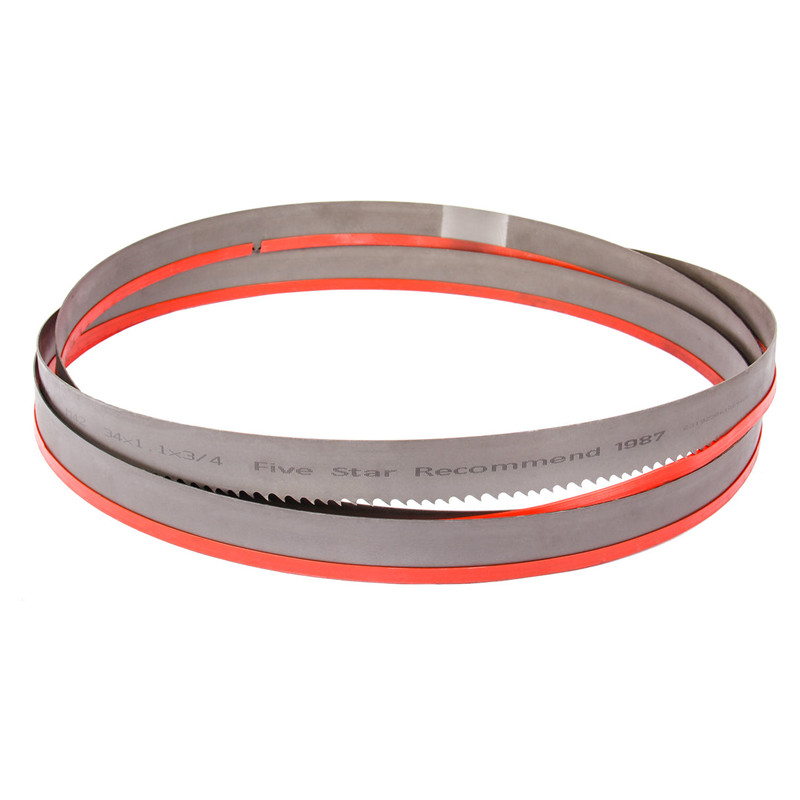 M51 Bi-Metal Bandsaw Blades For Industrial Type
M51 Bi-Metal Bandsaw Blades For Industrial Type -
 HSS ISO Metric Round Die Wieh Splite Or Adjustable Splite Type
HSS ISO Metric Round Die Wieh Splite Or Adjustable Splite Type -
 Inch HSS 1/2″ Reduce Shank Drill Bit For Metal Cutting Of High Precision
Inch HSS 1/2″ Reduce Shank Drill Bit For Metal Cutting Of High Precision -
 Precision 17pcs Angle Blocks Set With High Quality Type
Precision 17pcs Angle Blocks Set With High Quality Type -
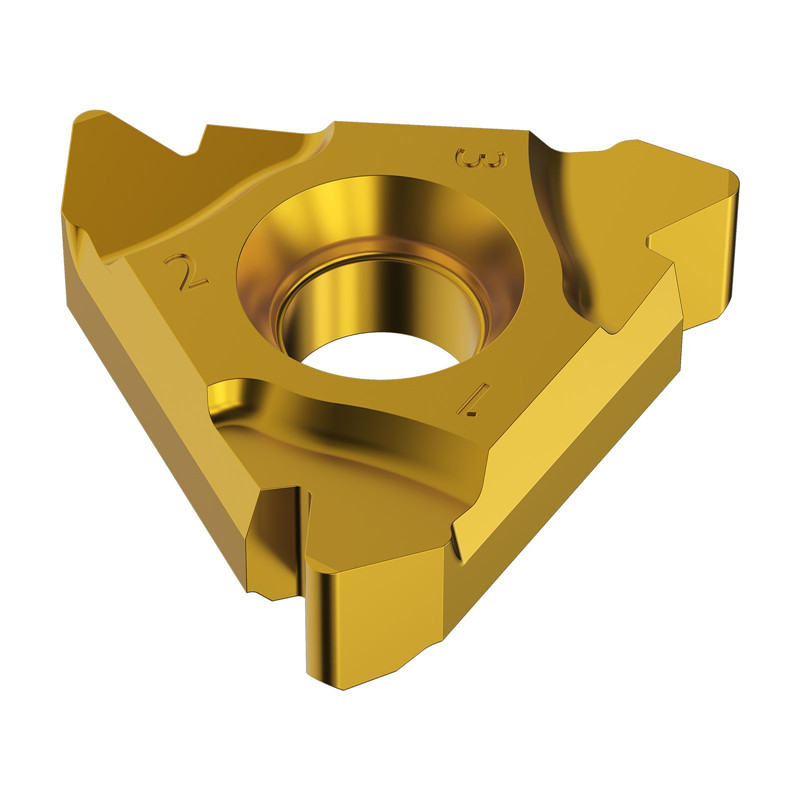 Partial profile 60° Threading Insert With ER & IR Type
Partial profile 60° Threading Insert With ER & IR Type -
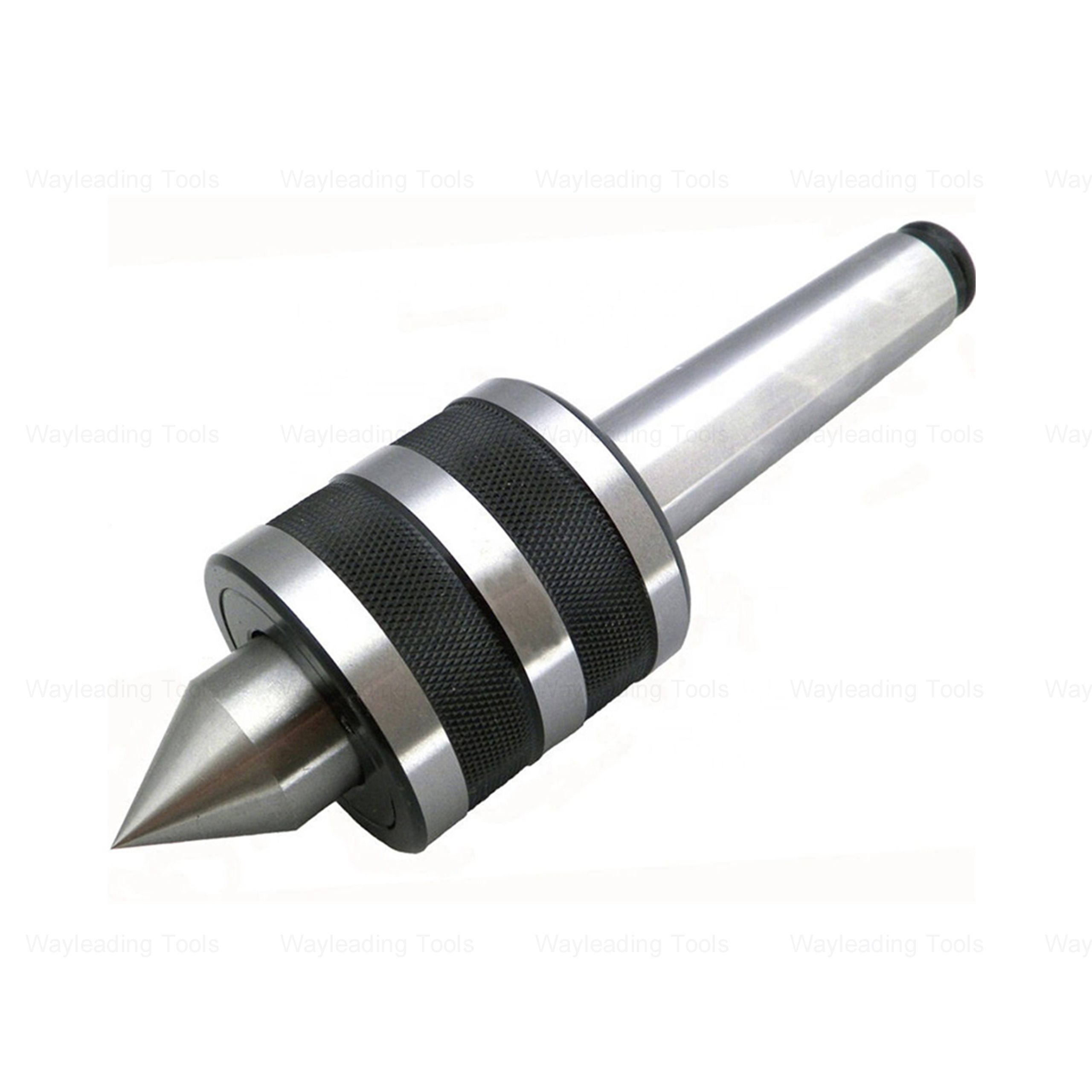 High Precision Medium-Duty Live Center – Hardened Tip, Morse Taper Shank
High Precision Medium-Duty Live Center – Hardened Tip, Morse Taper Shank -
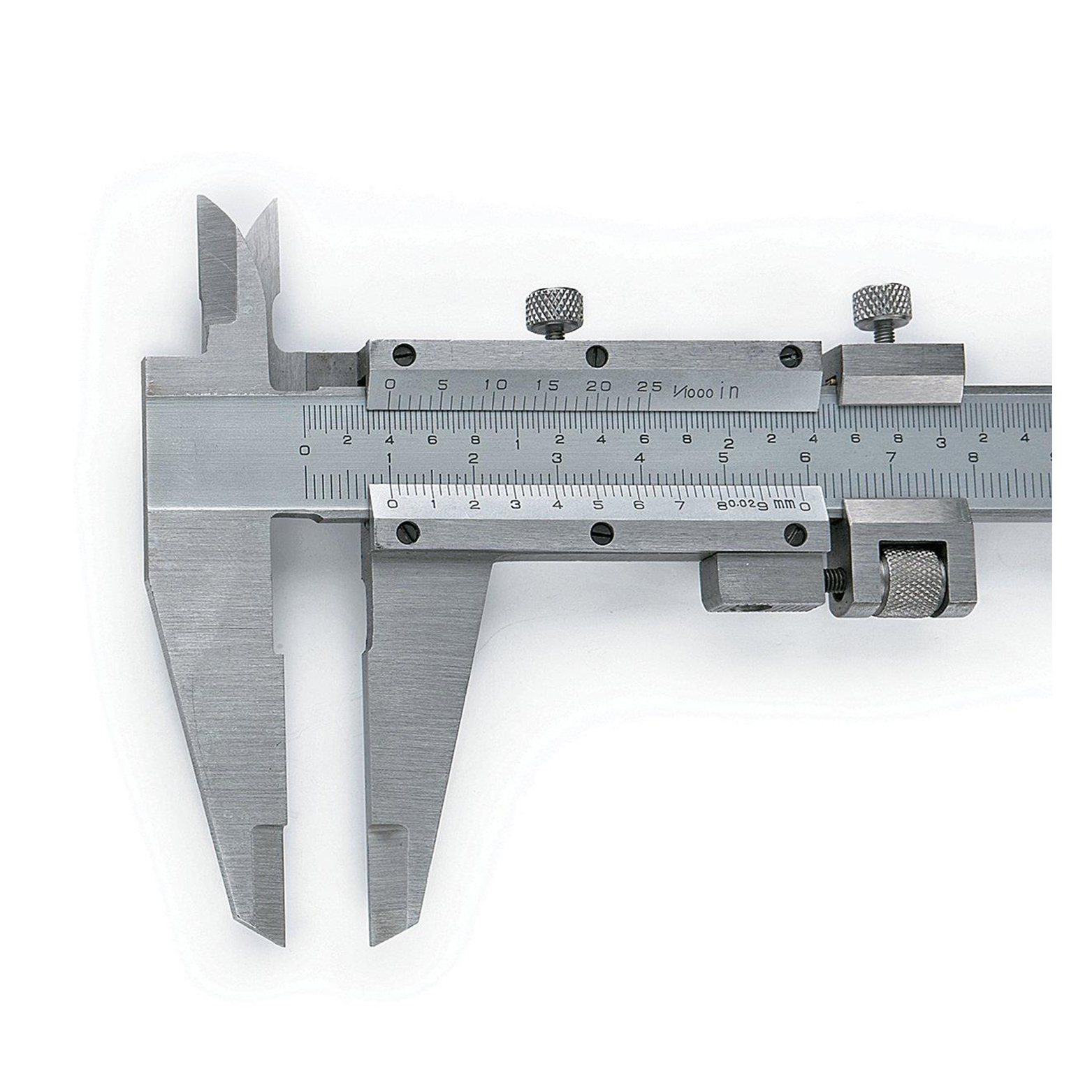 Precision Fine-Adjustment Vernier Caliper Of Metric & Imperial For Industrial
Precision Fine-Adjustment Vernier Caliper Of Metric & Imperial For Industrial

